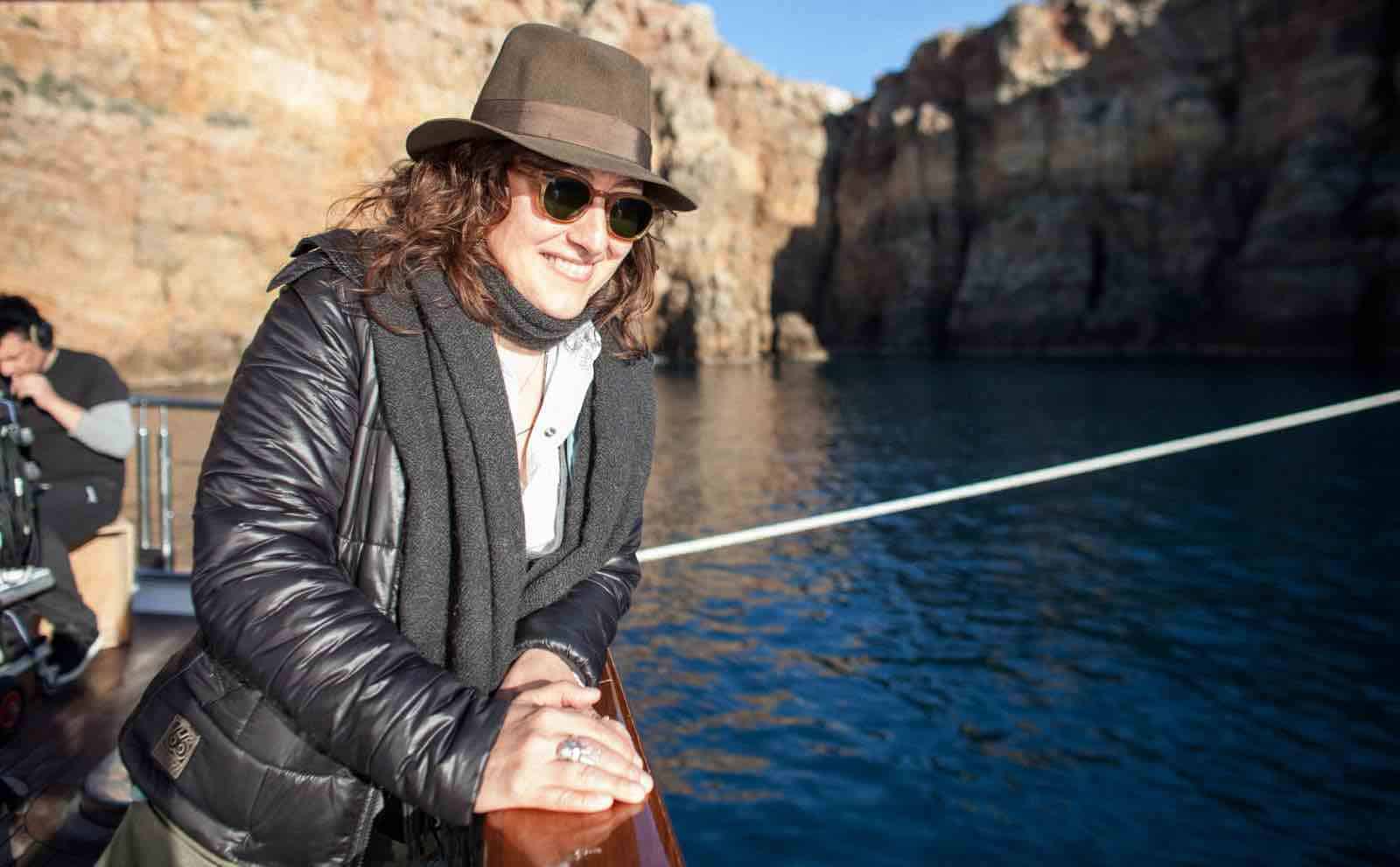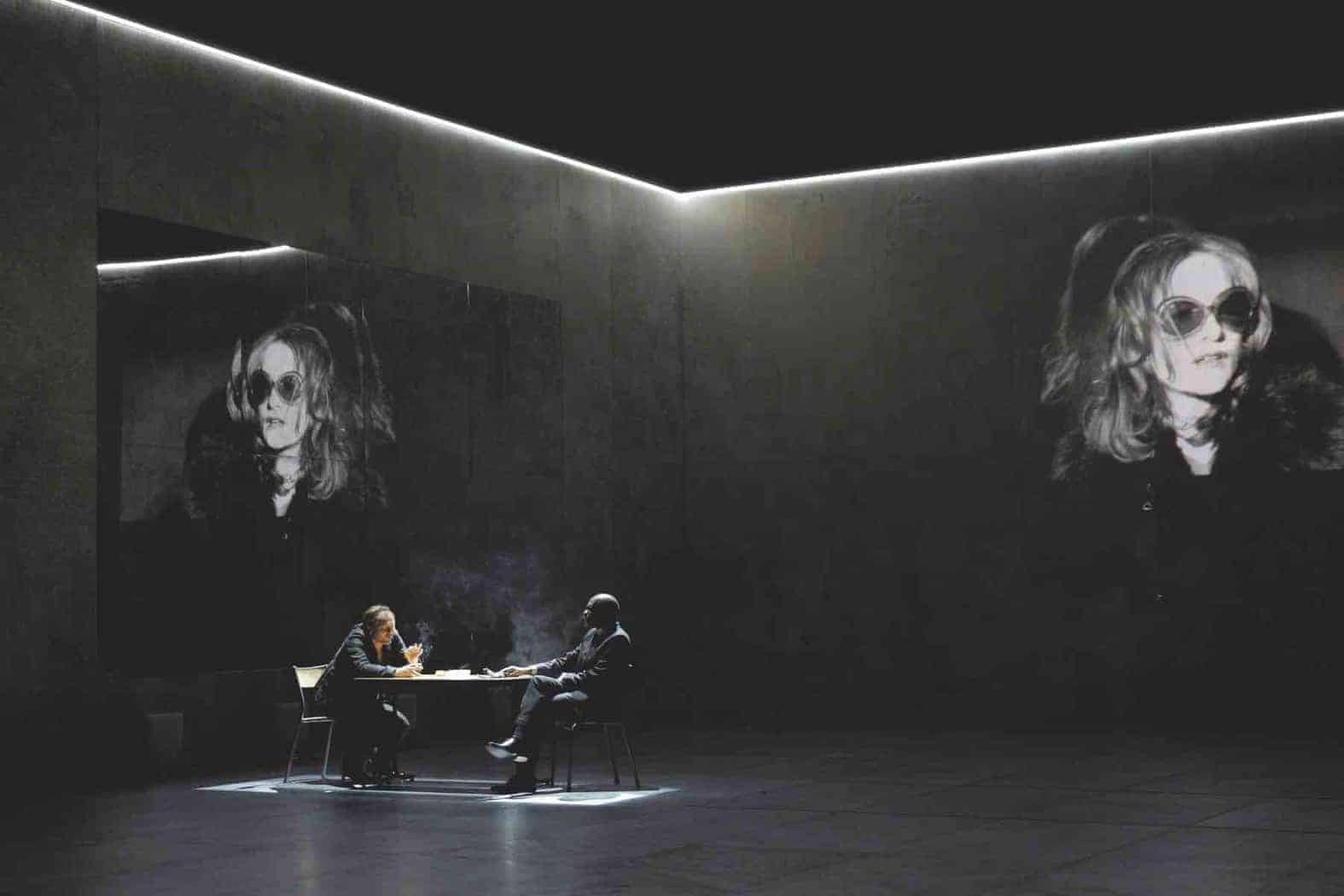Susan Gluth discusses her documentary Urmila: My Memory is My Power, which focuses on Nepalese teenage activist Urmila and her pursuit to make it illegal to use young girls as kamalaris — indentured servants to wealthy families — in Nepal.
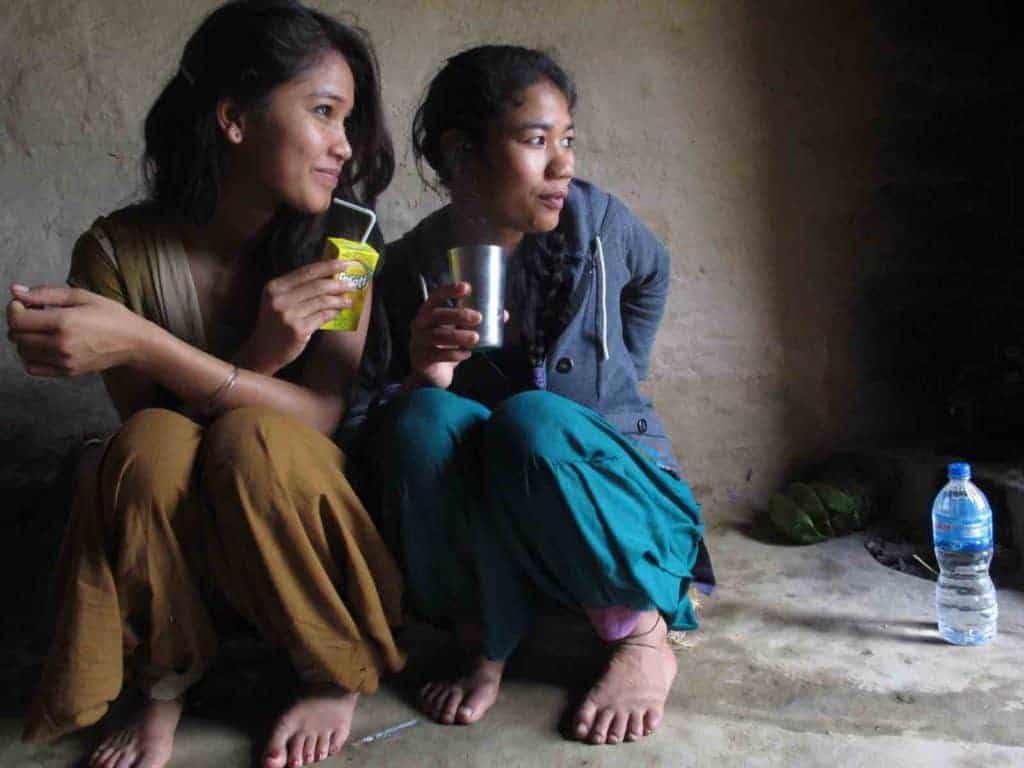
Susan Gluth’s documentary Urmila: My Memory is My Power focuses on Nepalese teenage activist Urmila and her pursuit to make it illegal to use young girls as kamalaris — indentured servants to wealthy families — in Nepal. Urmila herself was a kamalari, an experience which included abuse and near-slavery — not uncommon for girls in this situation. Now, Urmila works to save young girls from servitude, but she struggles to balance her international activism with her education. The film is an intimate and balanced look at its subject that doesn’t shy away from Urmila’s personal struggles. On the final day of HotDocs Festival I had the great opportunity to sit down with the film’s director, Susan Gluth.
In Gluth’s words, “Kamalari [translated] means hard working woman, so it has nothing to do with trafficking.” However, the reality in Nepal is sometimes less rosy. There is a “contract the parents [sign] for a year. The parents gets €50 a year for selling their daughter. After a year, they have to renew the contract for [another] year. The parents usually know where the children are, but sometimes they don’t.“ Urmila’s father thought the people who purchased his daughter would treat her like their own daughter and that she’d have a better life as a kamalari. Instead, Urmila was physically and emotionally abused.
Urmila’s family went through a lot of grief over selling Urmila. “[Urmila’s] mother wanted to protect her from [the buyers], but she had no choice. Because the father and the brother said, ‘No, she goes.’” Because of runtime issues, the interviews with Urmila’s brother were left out of the film, which Gluth regrets. She recalled, “he never looks into our lens. [We] felt the power of [guilt] in his shoulders. You see how the guilt works on people.”
Gluth discovered Urmila’s story in a German newspaper article. She was very “inspired by the message of [Slumdog Millionaire],” a film she had worked on as a camera woman. She thought Urmila’s story would have similar resonance as a documentary. Because Urmila’s enslavement happened some time ago, Gluth wasn’t sure if the story was still worth exploring today. But the idea stayed on her mind for weeks, until she finally travelled to Nepal to meet Urmila in person. Suddenly, everything came together.
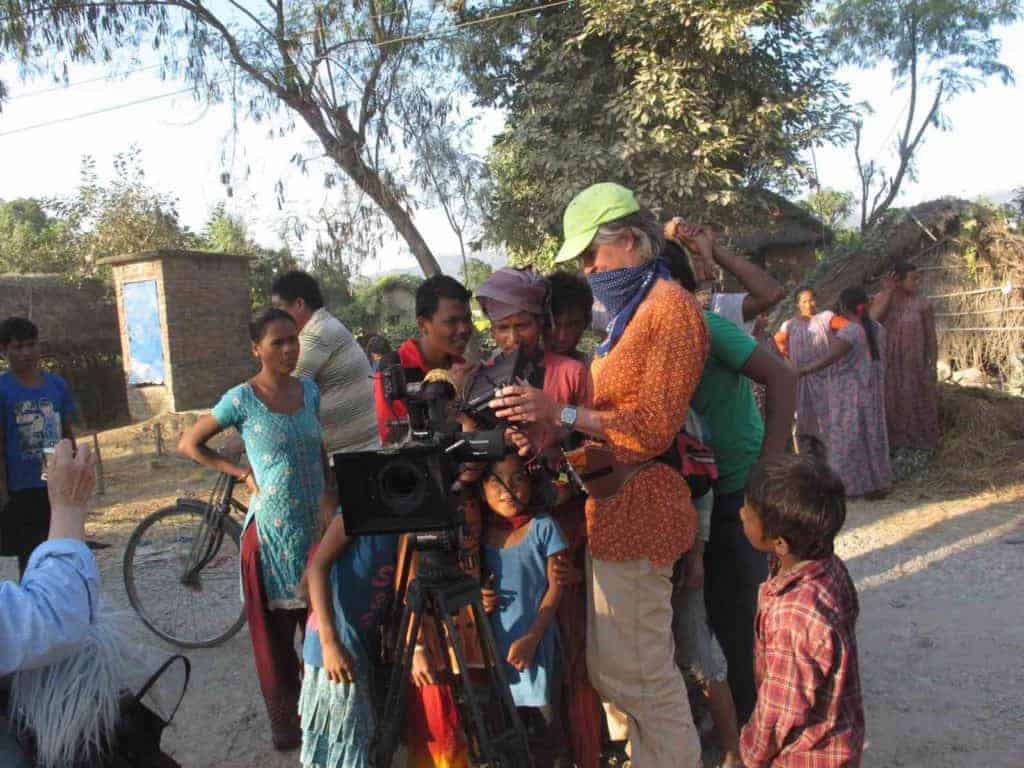
Urmila was the “perfect character to follow,” said Gluth. The film became not about slavery but, in Gluth’s words, “about woman’s power to change the world. I was circling around the question of, where does this power come from? How can you be this powerful with this [painful] past? All these girls are traumatized. But Urmila was the most powerful. That’s why I was attracted to her.”
Gluth frequently shoots Urmila walking and biking through the countryside of Nepal. Viewers “might know the Himalayas or the Tibetan mountains, but this part of Nepal is usually very unknown.” The landscapes also gave a sense of the long distances Urmila would have to travel; there were very few buses. “Urmila is going a lot by foot, and she has a schedule. She’s under a lot of stress all the time. No wonder she is failing school.”
Private sponsors are very important to these young girls’ survival. Urmila’s German sponsor, Andreas, funds her tuition at a private international school in Nepal, where she is probably the only former kamalari. Gluth included Andreas in the film because “without Andreas, we would have never [understood] why Urmila lives in an apartment [and is] going to school. Because it’s his money.”
Urmila’s activism is privately sponsored by the Nepal Youth Foundation (NYF). Urmila works with the NYF in their fight against the use of kamalaris. Though founded by an American lawyer, Olga Murray, NYF is actually controlled by former kamalris; Muarray wanted them to be able to lead their own organization.
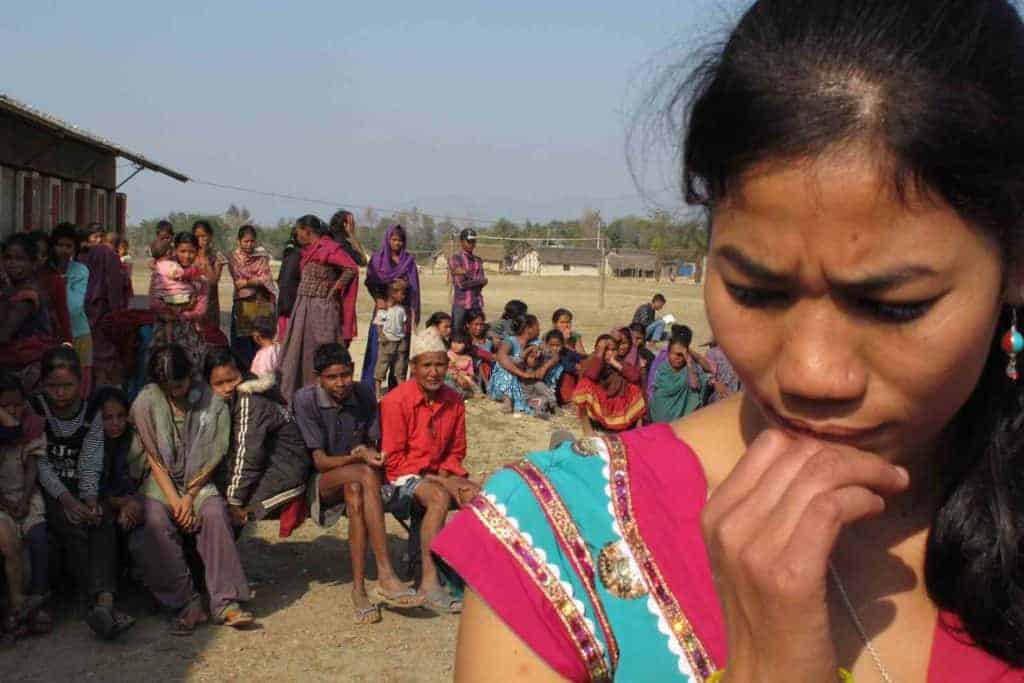
The film’s strongest moments are when we see Urmila directing and participating in a theatre performance for her town, in which she tells the story of her experience as a kamalari. The production proved an invaluable tool to facilitate discussion amongst the community about what has happened to kamalari girls. Gluth explained, “When they are doing this theatre, they show, everybody must know – the men, what really [happens] there. And it’s a big lie. A hieratic system in Nepal.” Because of the local cultural norms, no-one ever talks about what happened to these girls. This means theatre can be particularly powerful.
Urmila’s theatre performance wasn’t created specifically for the film, but something that Gluth serendipitously stumbled upon. Gluth explained, “Because I am the camera woman, I like to get moments of authenticity, strong emotional moments. The very first [performance] the film starts with, I was filming it for my research with my little photographic camera. I said, ‘Wow what a great tool, we can talk about her past by using this.’”
Gluth was very moved by Urmila’s performance. “She gets so sad about her own story. All the other girls are crying because it’s their story, too. It’s everybody’s story. This is what we were trying to do — to talk about the past but in an emotional way. To be with her.”
